Last week saw the announcement of the 2021 International Booker Prize longlist, and after a particularly long wait this year, it was both a relief and a pleasure to finally see the list unveiled. It’s important to start off this response to that announcement, then, by acknowledging the hard work of this year’s judges. Thanks to them, we have a manageable overview of the best translated fiction published in the UK over the past year, and we look forward to getting to know more about these writers and books over the coming months.
If we examine the make-up of the list, we see that the geographical and gender split is fairly par for the course. Seven of the featured writers are women, while five of the longlisted authors hail from outside Europe. Many would prefer to see fewer European books chosen, but this ratio is unsurprising when you look at how many of the books published in the UK originally appeared in Europe. It’s perhaps more suprising that only one title from Asia was selected, with nothing from Japan or the South Asia region, but there is a book from Africa on the longlist, which is a fairly rare occurrence for the prize.
In terms of the publishers, the longlist, as seems to be the case most years now, reflects the efforts of a host of wonderful small presses to broaden the UK’s literary horizons. Fitzcarraldo Editions and Pushkin Press lead the way with two inclusions each, and stalwarts of translated fiction prize lists such as And Other Stories, Granta Books, MacLehose Press and Peirene Press also made the cut. It’s particularly pleasing to see newcomers Lolli Editions and World Editions rewarded for their efforts over the past year.
Of course, with a limited number of spots available, it’s inevitable that some publishers will miss out. The big surprise here is the absence of Charco Press, with several potential longlisters going unrewarded. Unfortunately, other independent presses, including Istros Books, Tilted Axis Press, Honford Star and Europa Editions, also failed to make the list. We remain hopeful that future years will see their turn in the spotlight arrive.
Looking at the books selected, one fairly striking feature emerges. The Booker Prizes pride themselves for championing the finest in fiction, yet this year’s panel seems almost to have gone out of its way to question what fiction is. As was the case in 2019, one of Fitzcarraldo Editions’ white-covered titles has made the cut, and several other inclusions appear to be pushing the boundaries of the Booker guidelines. We observe this move with interest, but also with caution, lest the prize begin to drift away from its core premise – fiction.
As a result, perhaps, of this focus, the make-up of the longlist is rather different to what many readers would have expected. When discussing possible longlisters before the announcement, books such as Andrés Neuman’s Fracture, Elena Ferrante’s The Lying Life of Adults, Jon Fosse’s I is Another and Luis Sagasti’s A Musical Offering were frequently mentioned, with Mieko Kawakami’s Breasts and Eggs thought most likely to appear on the list. While we did consider calling in one or more of these books, it was felt that given the judges’ deliberate shift away from the higher-profile works, we would respect their decision and focus instead on their selections. We trust this decision will be justified.
In any case, with the longlist now public, there’s a simple task ahead of us. It’s time to read the world, or at least that part of it the official judges have chosen to explore. We’ll be taking our time, though, so don’t expect the shadow judges to reveal their shortlist when the official panel does; it’s likely that we’ll give ourselves a few extra weeks to ensure we cover as much as possible. And, of course, there’s one more way in which our path may diverge from theirs. While we’re following in the official judges’ footsteps for the first stage of the journey, once we get to crafting a shortlist, we’ll be setting out on our own, regardless of what they may decide. Let’s see whether this year’s voyage of discovery will be smooth sailing or entail some rather bumpy roads. As always, the joy will lie in the journey, not the destination…
Like this:
Like Loading...

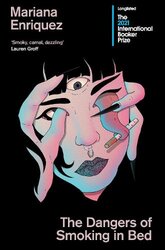
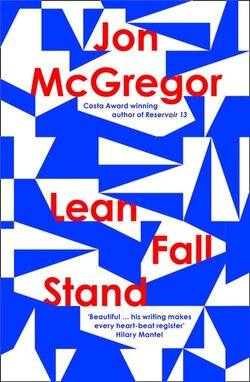


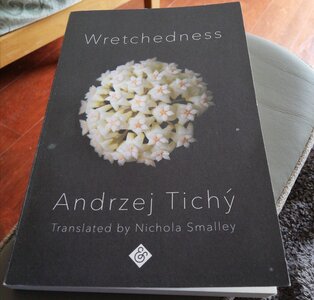

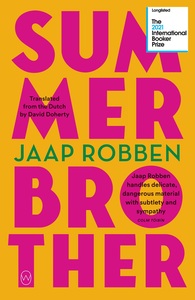
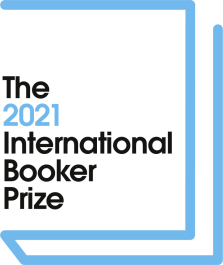
Recent Comments